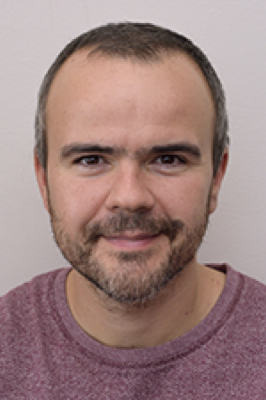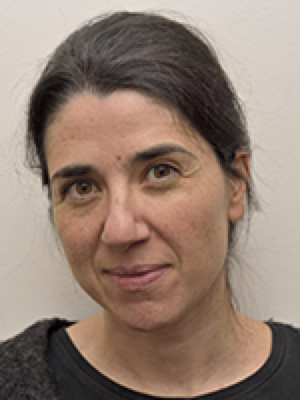In RT5, we develop new computational protocols to control the reactivity and energy transfer of complex chemical transformations.

Chemistry is the science of matter and its transformation. To develop sustainable energy technologies that minimize energy consumption and waste generation, we need to understand and control chemical transformations.
Computation is today an invaluable tool for understanding chemical processes. With the improved resolution of new light sources, allowing for exploration of key steps on the time scale of chemical processes, new computational protocols and methods are needed to understand the wealth of new experimental data.
In RT5, we plan to:
- improve the theoretical description of the reaction manifold
- compare theoretical predictions with experimental observations to understand chemical transformation and develop improved catalysts
- develop strategies for the control of chemical reactivity and energy transfer
- control reactivity, stability, and selectivity by structural elements, pressure, fields, and pulses
- design efficient conversion mechanisms for sustainable energy technologies and for the transformation of unreactive molecules such as CO2
Read more about RT5 in the original Hylleraas application (pdf).

Leader
UiO

Co-leader
UiT